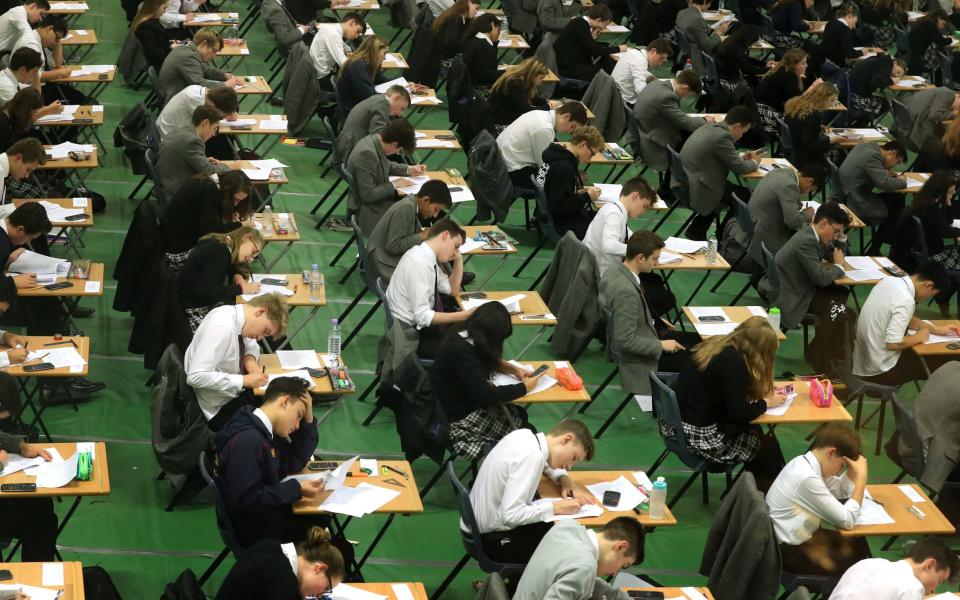State school tops rankings for average A-level grades

A state school has topped rankings for its average A-level grades, new Government data has revealed.
King’s College London Mathematics School (KCLMS), a mixed specialist maths college for pupils aged 16 to 19, has topped rankings for its A-level results with an average A-level grade of A* per entry.
In data released by the Department for Education (DfE), KCLMS and Queen Elizabeth’s School, Barnet, a boys’ grammar school, are the only two state-funded schools in the top ten for their A-level results in 2022.
KCLMS, based in Lambeth, opened in 2014 and only admits pupils with the highest grades in maths and sciences. Pupils must gain a grade eight or nine in maths GCSE, the top two grades, and a grade seven to nine in GCSE physics, or two grade sevens or above for Combined Sciences, to gain entry to the school.
In 2022, the school outperformed both St Paul’s Girls’ School, ranked second, and St Paul’s School, both fee-paying schools based in London which charge parents over £9,000 per term.
The school’s headteacher, Dan Abramson, was awarded an OBE for services to education in the New Year’s Honours List.
Queen Elizabeth’s School in north London was ranked fifth in the list for its results, with an average A-level grade of just below an A* per entry.
The Government has previously championed the idea of specialist further maths colleges, with former education secretary Gavin Williamson pledging to expand their numbers in 2019. Imperial College London is set to open a specialist maths school for sixth formers in September 2023.
The average A-level grade for all students was a grade B. Poorer students gained lower results nationally than in previous years, with the gap between disadvantaged students and their peers at its widest since the measure began in 2016.
But the gender gap at A-level in favour of female students had narrowed since the previous year, with girls faring better under the system of teacher-awarded grades implemented during the pandemic in 2020 and 2021.
“Given the unprecedented change in the way results were awarded in the summers of 2020 and 2021, as well as the changes to methods of assessment for 2021/22, users need to exercise caution when considering comparisons over time, as they may not reflect changes in pupil performance alone,” the DfE said.

